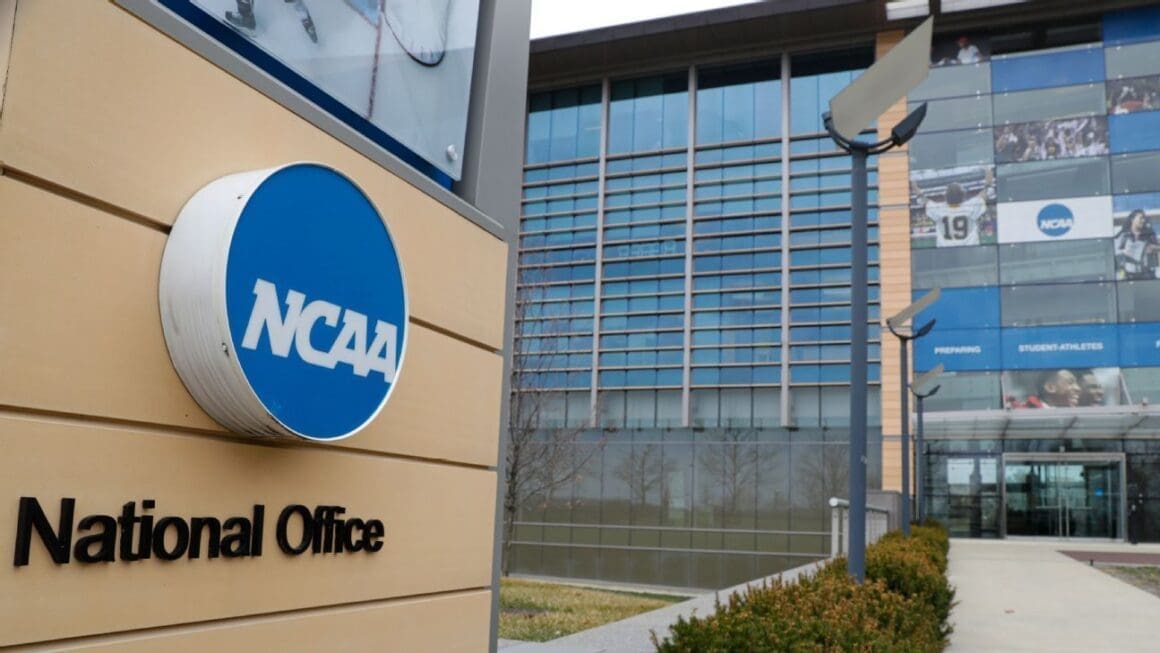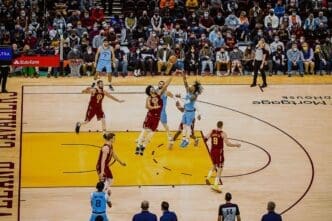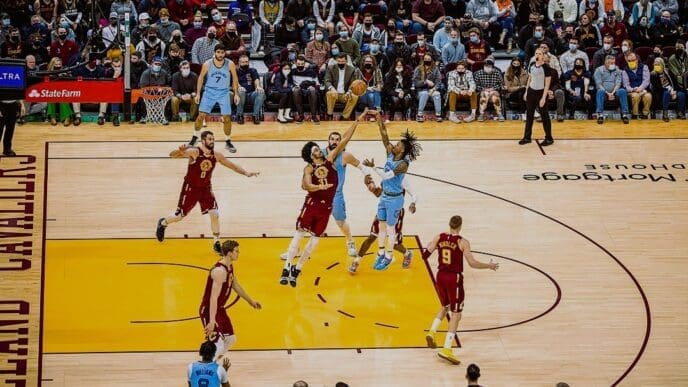Three athletes have raised significant concerns over the $2.8 billion NCAA antitrust settlement, calling for profound changes beyond its current terms.
Grant House, Sedona Prince, and Nya Harrison, the athletes at the forefront of the lawsuits resulting in the pending $2.8 billion NCAA antitrust settlement, have issued a compelling request for major changes to how college athletes are treated. In a letter dated December 2 to U.S. District Judge Claudia Wilken, who oversees the settlement, they urged for the creation of a players’ association to represent athletes collectively.
The athletes contend that without a unified voice in negotiations with schools and conferences, players will continue to be vulnerable, with the industry facing endless litigation. They sought the court’s acknowledgment to support collective negotiation attempts through such an association. House, Prince, and Harrison are part of Athletes.org, a group working towards organizing college athletes for better representation, even if the NCAA hinders unionization efforts.
Despite praising the settlement as a ‘significant step forward,’ the athletes emphasized the need for continued advocacy to prevent ongoing courtroom disputes. Jeffrey Kessler, representing the class action plaintiffs, conveyed his support for the athletes’ stance, asserting that while the settlement benefits college sports, it doesn’t address every issue.
Meanwhile, the NCAA maintains a firm stance against recognizing athletes as employees, a crucial factor in forming legal collective bargaining agreements. This resistance comes amidst college officials lobbying Congress for legislation to block athlete unionization attempts.
The settlement, tentatively approved in September, aims to pay $2.8 billion in damages and enables schools to directly compensate athletes starting next year, with annual payments exceeding $20 million per school. These terms are designed to offer a structured compensation system, though the athletes’ letter suggests more reforms are essential.
While Judge Wilken is not required to directly address the athletes’ demands, their concerns may influence her final decision on the settlement’s approval. State lawmakers have also voiced apprehensions about the settlement’s alignment with state laws concerning athletes’ rights to financial gain. Objections to the settlement terms can be filed through January.
The NCAA hopes the settlement, alongside potential federal legislation, will restore their control over the college sports landscape. Specific provisions in the settlement cap team payments to athletes and limit booster payments, measures critical for maintaining competitive balance according to athletic directors. However, athletes argue that without a representative voice in decision-making, the college sports landscape will remain troubled.
As the debate continues, the call from House, Prince, and Harrison highlights a fundamental need for reform in college sports, reflecting ongoing tensions within the industry.
Source: Espn














